Bank of Credit and Commerce International (BCCI) continued with its energetic policy by again being the first bank to open in Botswana for over thirty years and join BCC’s network in Southern Africa.
BCC was the first bank to also open in Zambia and Zimbabwe after those countries gained their independence.
Country information
Botswana (Republic of Botswana) is a landlocked country in the centre of Southern Africa, bordered by Namibia, Zambia, Zimbabwe and South Africa. Although most of the country is covered by deep sand of the Kalahari Desert, there are rocky hills to the south-east. A large inland river delta in the north-west has a rich variety of wildlife.
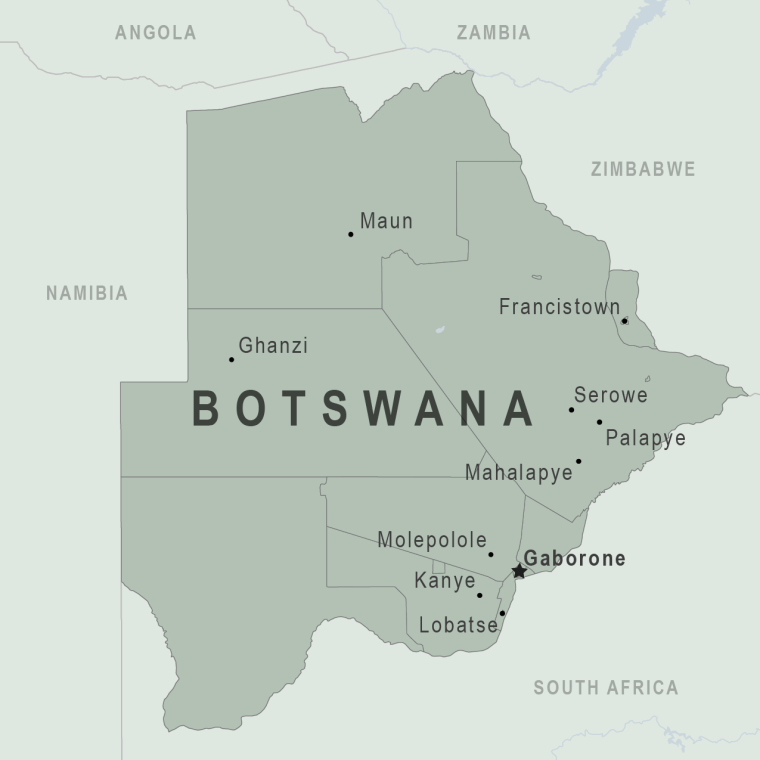
Botswana has been inhabited by humans since the dawn of modern humans about 100,000 years ago.
Descendants of the Dutch settlers in South Africa entered Botswana sparking hostilities with the Tswana, the dominant ethic group. The leaders of the Batswana sought assistance from the British. As a result, the Bechuanaland Protectorate was established on March 31, 1885, including modern Botswana and parts of present-day South Africa.
The inhabitants of the protectorate did not want to be included in the proposed Union of South Africa when it was formed in 1910.
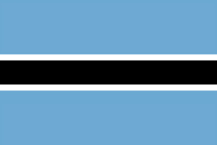 Independence was secured peacefully by Botswana in June 1964. They established a constitution in 1965 and held general elections to finalise independence in 1966.
Independence was secured peacefully by Botswana in June 1964. They established a constitution in 1965 and held general elections to finalise independence in 1966.
Botswana is well known for having some of the best wilderness and wildlife areas on the African continent. 38% of its total land area are devoted to national parks, reserves and wildlife management areas.
Population and Language
In 1980 population of Botswana was around 900,000.
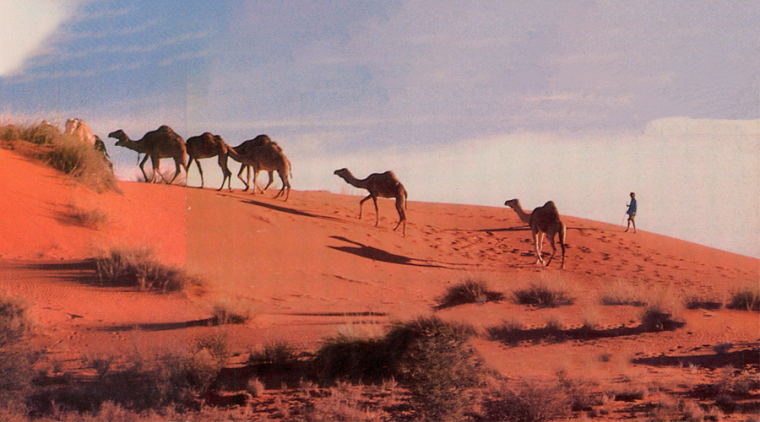
The country was sparsely populated because up to 70% of the country is covered by the Kalahari Desert, the vast arid to semi-arid landscape in Southern Africa covering much of Botswana and parts of Namibia and South Africa.
White settlement in Botswana, consisting of some Afrikaners (predominantly Dutch immigrants of South Africa) and fewer English settled in border farms, in the colonial period. There was also a small population of Asian or mixed ancestry.
The official written language of Botswana was English, while Tswana, considered a national language, was widely spoken.
Economy
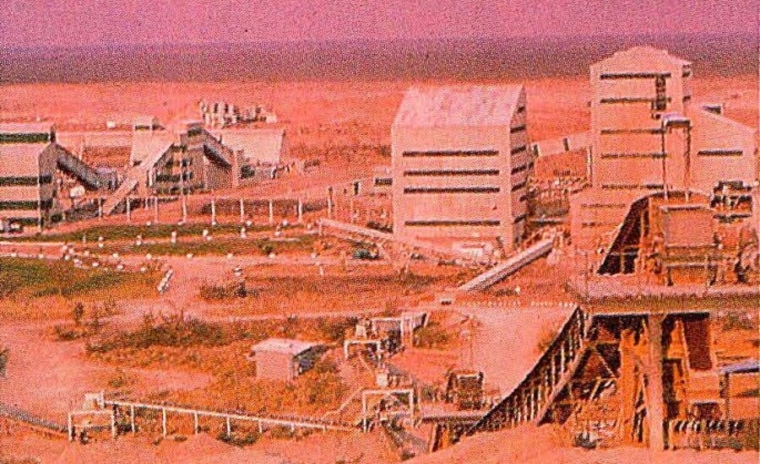
Botswana’s economy, one of the most robust on the African continent, was dominated by diamond mining, the major economic resource of the country.
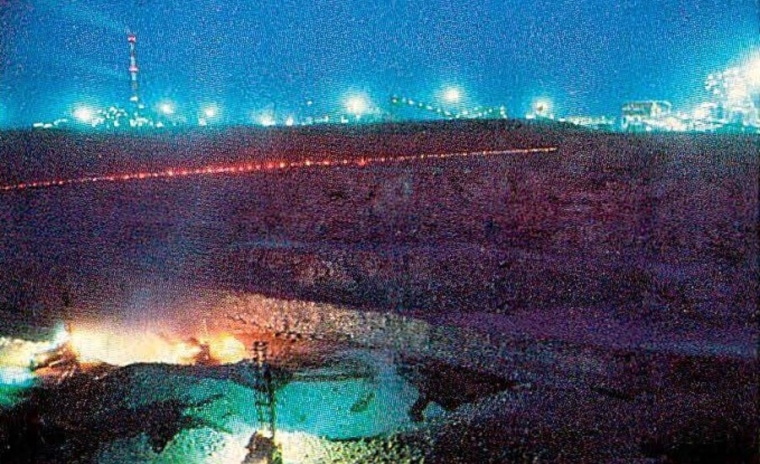
Botswana’s other major proven mineral resources were copper, nickel, Coal (for power generation), salt and soda ash (a key component in a variety of industrial processes and an important ingredient in the food and pharmaceutical industries).
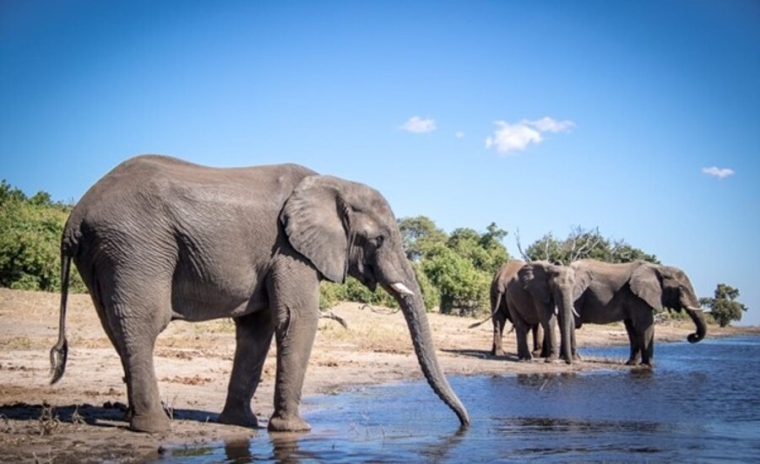
Tourism was also an important industry. The country offers excellent game viewing in some of the most remote and unspoiled wilderness in southern Africa, the Chobe Game Reserve, home to one of the largest herds of free-ranging elephants in the world.
BCCI in Botswana
The banking services and economy in Botswana was dominated by two large British colonial banks, Barclays Bank and Standard Chartered Bank, dating back to the 1950s.
Concerned with the lack of banking competition, the Bank of Credit and Commerce Botswana Limited (BCC Botswana) was granted a banking licence by the central bank (Bank of Botswana) and opened its doors to the public in Botswana in August 1982.
BCC Botswana was locally incorporated as a 100% subsidiary of the Bank of Credit and Commercial International (BCCI).
The head office was initially located at Lobatse, 871 Box PO 100 Botswana and was later moved to:
Bank House
8844 Khama Crescent
PO Box 1552 Box
Gaborone
BCC Botswana, in addition to its head office, had five branches offering commercial banking, two in Gaborone, the capital, Francistown, the second largest city in the country, Kanye and Lobatse.
Broader base
The economic base of Botswana was in its mineral resources and in cattle, which together accounted for 70 per cent of all foreign exchange earnings. The government had been broadening this base in recent years by working to improve agricultural production and by promoting a more diverse commercial activity. BCC expected to" play an important role in helping businesses to establish a broader base.
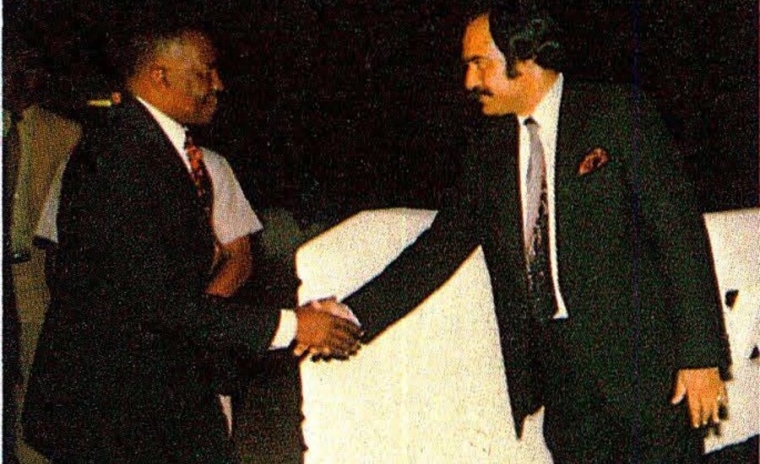
Official opening
At the official opening of the BCC in Gaborone by the Minister of Finance and Development Planning, the Honourable Peter Mmusi. After outlining the story of BCC's growth in the presence of a large audience of industrialists and businessmen, he commented: “It is hoped that this spirit will add a new dimension to Botswana's banking system. With a directorate and management that come from developing countries, it is expected that this will ensure that its banking services will be tailored to the needs of a developing country.”

Mr E.A. Garda, General Manager Southern Africa desk at BCC central office in London, United Kingdom, in his reply to the Minister, said “We are a Third World bank, operating internationally, mobilising and utilising Third World resources, both material and human, in order to promote economic development in the Third World, which in our view is where the future lies … Since its inception in 1972, BCC has pursued a sustained policy of establishing an expanding network to serve developing nations … Our extensive network of banking facilities all over the world will help us in assisting this country's efforts to expand its international trade”.
“While attempting to fulfil this complex role, a commercial bank like ours has to ensure that the traditional tenets of banking, namely financial prudence, commercial viability and a return flow of funds, are sustained with the same commitment as before. This role will logically require banks to reshape their strategies, develop organizational support, attune their policies and bring about attitudinal changes. In these endeavours we shall not be found lacking in our ability or in our determination”.
Gaborone
The first branch (main branch) of BCC Botswana opened in August 1982 in the capital city of Gaborone. The second branch was in the city’s Industrial Area.
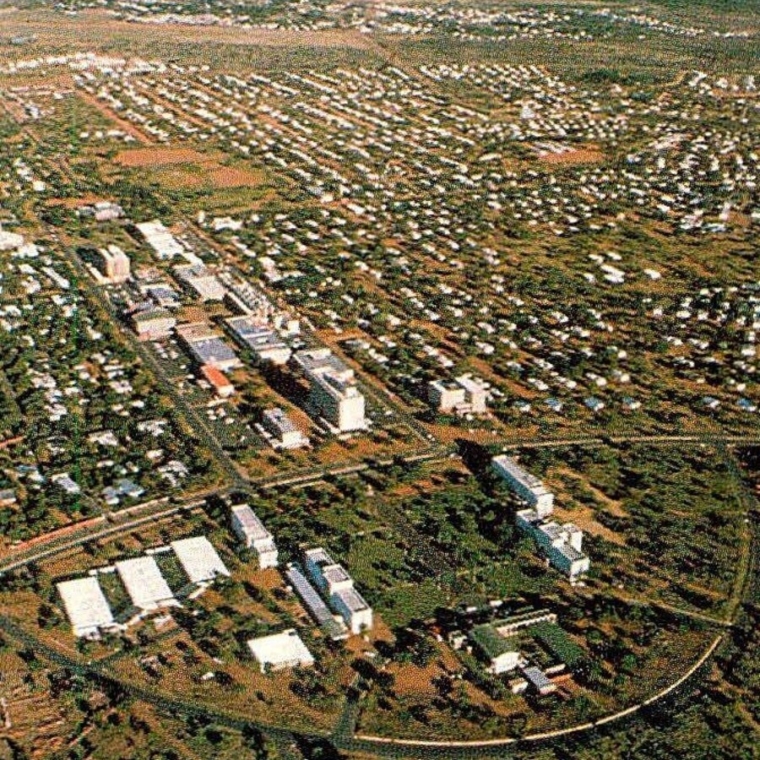
The main branch was located at:
BCC House
8844 Khama Crescent
PO Box
Gaborone
Telephone: (26737) 4370
Fax: (26737) 4369
Telex: 2520 BCC BD
Gaborone’s industrial area in the central city comprised of different warehouse sizes, with many prominent clientele. It was also in between two malls, Rail Park and Game City, with convenient access for amenities such as bank facilities.
The industrial area branch was located at:
Industrial Area
Plot No 1278 – Extension 6
Lobatse Road
PO Box 871
Gaborone
Telephone: (2673) 52867, 52735, 52734
Telex: 2556 BCC BD
Francistown
Francistown was an important commercial centre that was upgraded to city in 1997 to become the second largest city in Botswana.
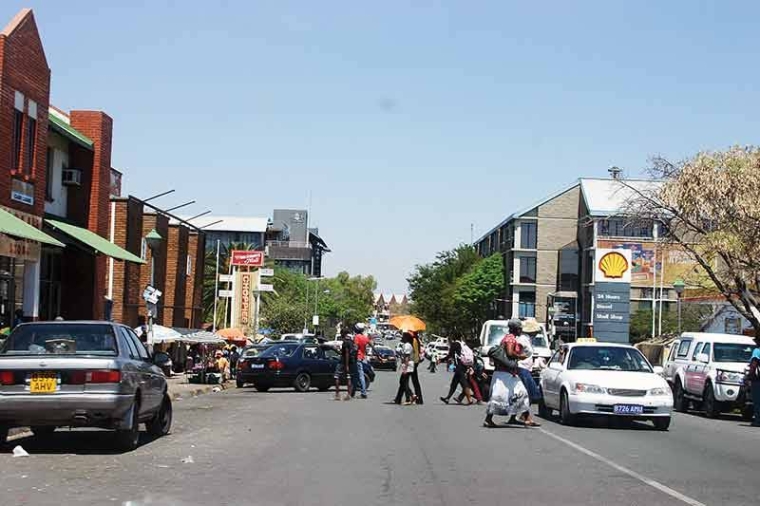
The branch was located at:
Blue Jacket Street
Privat e Bag 35,
Francistown
Telephone: (267) 213 831/2
Fax: (267) 212 879
Telex: 2651 BCC BD
Since 1966, the city had grown significantly due mainly to active cross-border trading with Rhodesia/Zimbabwe. A number of mining companies were engaged in producing principally cobalt, copper and nickel.
Kanye
Kanye, a village in southern Botswana, located south-west of the capital, Gaborone, was the capital of Southern district. It was one of the country’s largest villages and the traditional headquarters of the Bangwaketse people, one of the eight principal tribes in Botswana, and ethnic Tswana.
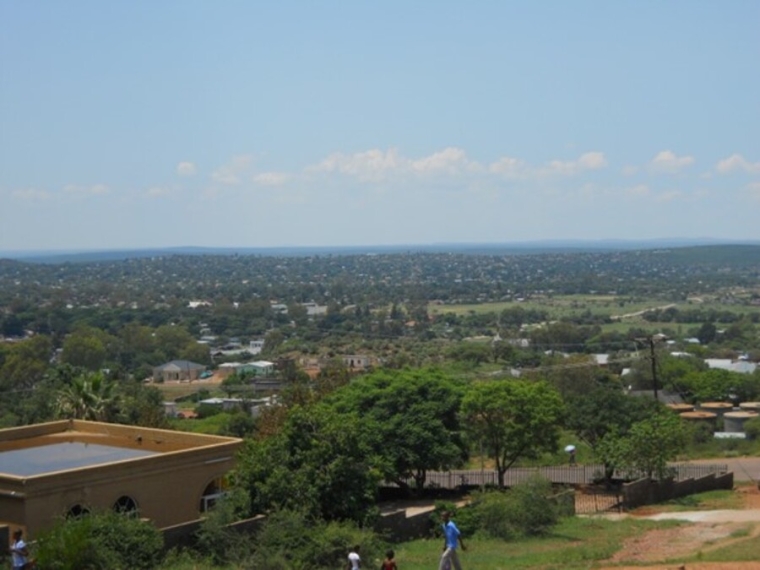
The branch was located at:
PO Box 388
Kanye
Telephone: (26734) 340 452
Telex: 2691 BCC KN BD
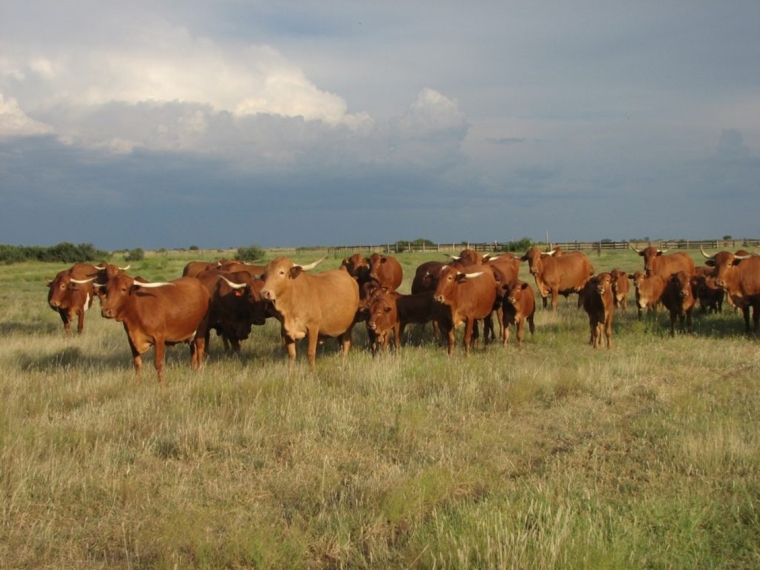
Southern district, with Kanye as the district capital, was home to Botswana's second largest beef farmers with large privately owned ranges, and several government run beef ranges providing agricultural support to the local farmers. Maize and sorghum, the country’s staple crop, were also raised in the area.
Lobatse
Lobatse is a town in south-eastern Botswana, south of the capital Gaborone, situated in a valley running north towards Gaborone and close to the border with South Africa. Before independence, it was the country’s principle town,
The north side is known as the European or white Lobatse, on the South is the Asian Lobatse and on the East toward South Africa is the African Lobatse.
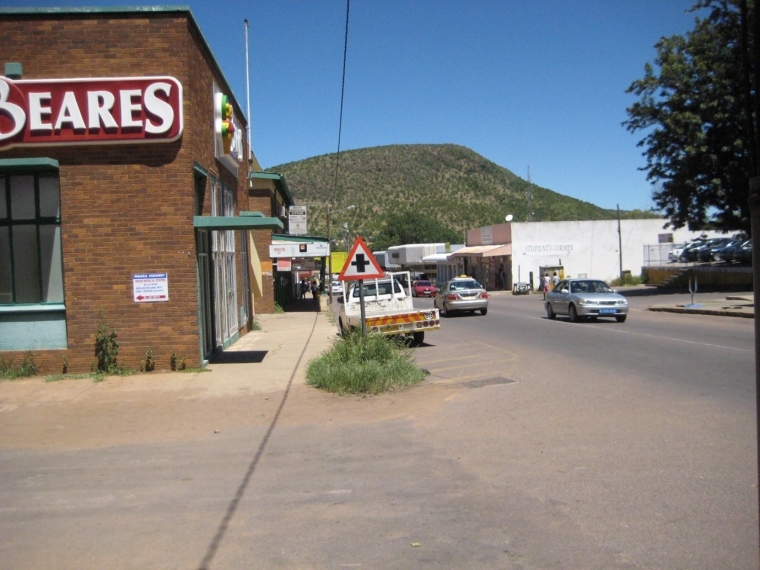
The branch was located at:
PO Box 381
Lobatse
Telephone: (26733) 667, 827
Telex: 2585 BCC LB
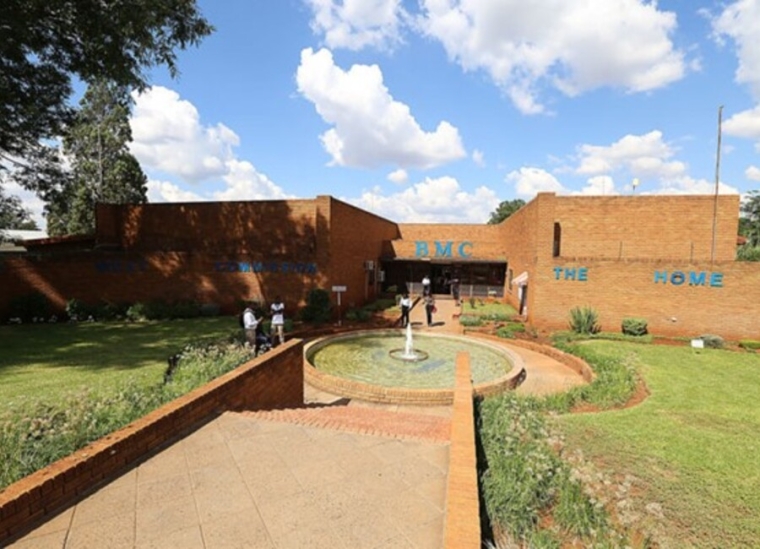
Lobatse is the last stop for cattle farmers undertaking a long arduous journey with their livestock hundreds of miles through Kalahari desert sands for sale to the Botswana Meat Commission (established in 1965). Cattle farming is the country's third-largest revenue earner. In addition, the town has a tannery, a canning and soap factory.
Financial Highlights 1988
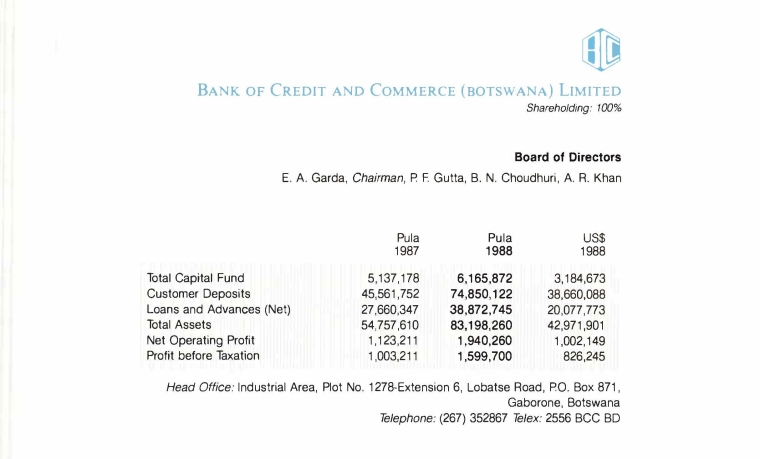
BCCI closure
On 5 July 1991 the Bank of England and other regulators in the west decided to freeze BCCI Group's assets and abruptly shut down BCCI's operations worldwide.
The priority of the governments and central banks in some countries was to protect their people and the local operations of BCCI continued in a different name after the assets and liabilities were acquired by private investors or another bank.
On 8 July 1991, the Bank of Botswana (central bank) temporarily took over the management of Bank and Credit and Commerce Botswana after BCCI, was placed in liquidation by the Bank of England. The local operations of BCCI in Botswana were subsequently taken over by First National Bank Botswana, wholly South African owned and incorporated in Botswana.
In the speech by Ms Linah K Mohohlo, Governor of the Bank of Botswana, to the Nigerian Economic Summit Group, Lagos, 22 March 2004, he stated that “level of attention to the high standards of corporate governance and professional conduct (by the central bank) has meant that there has been no bank failure in Botswana. The closure of the Bank of Credit and Commerce International (BCCI) in 1991, was due to its global problems and not its domestic operations.” (BIS Review 26/2004)
The BCCI Group majority shareholders considered the abrupt action by western central banks to shut down BCCI in 1991 was unjustified when they already had detailed discussions with the Bank of England and other regulators on a restructuring plan and would have injected further capital, if required.
In a 24-page report not made public but sent to some 60 central bankers worldwide, the United Nations Center on Transnational Corporations said that by simply shutting down the 70-nation banking network that financed international trade of $18 billion a year, the economic damage fell hardest on countries like Nigeria, Bangladesh and Zambia, where B.C.C.I. was an important institution. (New York Times, Feb 5, 1992)
